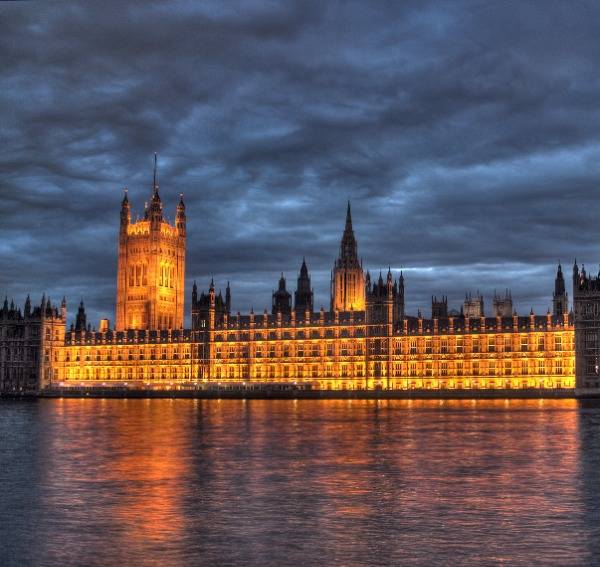The Taliban in Afghanistan aim for complete control of the country. There is an attempt to control the law, the position of women, the culture, the religion. And in an event that has caused international controversy, there has been the destruction of a group of ancient Buddhist statues. (See front cover) Of course, extreme circumstances drought, famine, civil war lead to extreme actions. But it is interesting that in the article by the BBC's Kabul correspondent, Kate Clark, she notes that a high percentage of Afghanistan people were against this destruction. The attempt to control history has been a perennial political temptation. Amartya Sen, who has been awarded the Nobel Prize for economics and is Master of Trinity College Cambridge, delivered a speech in which he analysed the nature of history and the attempt to control it. He insisted that history is an enterprise seeking the truth. Of course, the concern of modern historians to take account of the "relativity of perspectives" and the "ubiquity of different points of view" has led to a study of the "history of histories". There is a danger that in political conflict politicians will try to use history to justify their position, for instance the use of history to criticise India's secularism.
Control of the past led James Mill, in his history of India written in the 19th century, to ignore Indian science and philosophy. The controversy of heterodoxy is needed for science as was seen in the ancient Gupta period in India in which atheism and scepticism were a part of the range of thought.
On a more practical level the high death rate in the earthquake in Gujarat could have been avoided with rational control of the building process as is described by the engineer, Andy Thompson. Nature is, nevertheless, a mighty force and the question of our relationship to nature is examined by Ben Rogers, who wonders whether nature has a price or an intrinsic value.
Controversy and argument subvert control and Laurie Taylor in a personal account of some of the major arguments in his life demonstrates the value of debate something which is integral to a free society. But is our political freedom being undermined by the "democratic deficit"? At the time of a general election and new government, Roy Brown questions whether the existing political system is fully democratic, whether the governed have any control over the government.
Two other major areas in this issue of the New Humanist are philosophy and science. In an interview with Nigel Warburton, who teaches philosophy for the Open University and has written books introducing philosophy to beginners, he explains the importance of bringing philosophy out of ivory towers and into the minds of ordinary people. Stephen Law, pursuing a similar theme, writes about the potential of introducing philosophy to children. Julian Baggini looks at animal rights and wonders about the "centrality of humans to humanism".
The physicist, Peter Landsberg, asks what scientists mean when they talk of "God". Stuart Clark writes about Mars and the MP, Dr Evan Harris, takes up the bio-ethical issue of using the sperm of a dead man to create a child. In cultural fields, Robert Ashby, the Executive Director of the British Humanist Association, looks at the way we deal with death and Marilyn Mason, the educational officer of the British Humanist Association, studies the use of the word "spiritual". We might ask who controls philosophy and science. Whatever the answer it is certain that heterodoxy and unorthodoxy are essential to their development.

